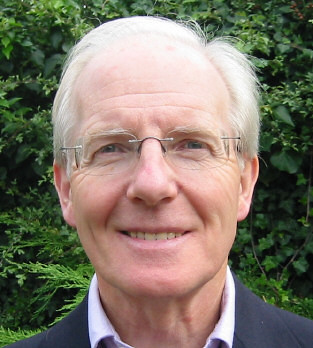Building on the success of the 311 in New York it makes good sense in the UK to have a single number for all non emergency calls. And so it became "a manifesto pledge at the 2005 election - vandalism, abandoned vehicles, noisy neighbours? If you have a problem call 101.
This promise, to introduce a new non-emergency number, was for people to use to report anti-social behaviour and other problems in their area that do not always warrant a 999 call" http://news.bbc.co.uk/1/hi/programmes/politics_show/7080674.stm.
The service has also been a success, quoting the BBC again "In the Northumbria area the 101 number has received over 150,000 calls since its launch. A Home Office survey also found that 84% of those that had used it were satisfied with the service. "
Unfortunately the Home Office seems to see the 101 number from the perspective of reducing 999 calls and has tried to build a business case from that perspective rather than the holistic impact of having a single number to call for all public services. By restricting the service to calls about anti-social behavior, it has both reduced it's usefulness and weakened it's business case. A Transformed Government approach would start from what the citizen wants, a single number for everything bar emergencies and configure the public sector to respond.
Wednesday, 21 November 2007
Wednesday, 7 November 2007
Customer / Citizen Centricity
I had a car accident on Friday, and the behaviour of the call centre was a good example of customer centricity, with one phone call to:
- Collect all the information needed
- Arrange for my car to be repaired (and provide a courtesy car)
- Brief me on what to tell the other driver
- Give me someone to call if anything went wrong
The accident was a stupid error, but the behaviour of my insurer took as much pain away as was possible, i.e. they took my problem and managed it on my behalf.
Subscribe to:
Comments (Atom)
